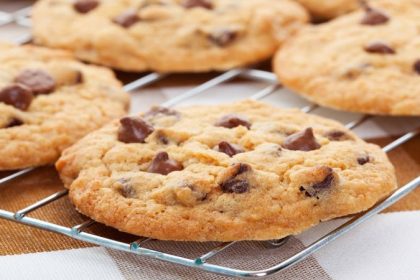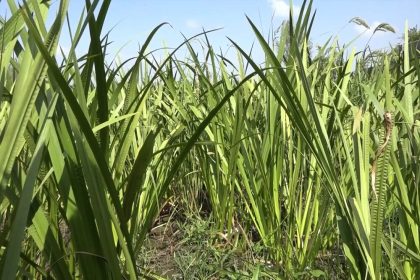Dr. Ain Elah Valizadeh, specialist in nutrition and traditional medicine in particular Proper nutrition in the holy month of Ramadan He stated: The first step is to correct the mentality that hunger and thirst for a few hours are harmful to the body. In this regard, the Holy Prophet of Islam, may God bless him and grant him peace, also said: “Soumwa Tashwa” “Fast to stay healthy”.
Drinking water and other drinks at the time of breaking the fast
He advised: fasting people should drink water only to the extent of partial quenching of thirst and avoid drinking large amounts of liquids that cause stomach bloating and indigestion, ice water is very harmful to the liver and increases thirst, drink water in small amounts and gradually (sip by sip).
He reminded: Water and other drinks needed by the body should be consumed one hour after eating iftar, because during this time, the water needed by the body is provided by soup and soup, and even the same bread and rice that is eaten, and there is no need to worry. Also, during the pre-dawn meal, the fluids needed by the body should be consumed half an hour to an hour before the meal, and do not drink water and tea after eating the pre-dawn meal.
Valizadeh continued: Elderly people should preferably drink warm drinks such as boiled water, honey water, and pale tea, but young people who are hot-tempered and very thirsty should drink cool liquids (not ice), and drinks such as khakshir and lemon juice, sanjabin, chicory juice, and chestnuts, which reduce thirst.
The importance of the morning meal
Valizadeh said about the importance of Suhoor: Dinner does not take the place of Suhoor. Fasting people must eat suhoor, even if it is a few bites. Not eating suhoor causes energy depletion throughout the day, and in suhoor, they should not use spicy, salty and sweet foods, as well as foods such as fish, kebabs, garlic and onions, so as not to get thirsty.
Regarding eating fruits, he said: The correct time to eat fruits is after digestion, so avoid eating fruits immediately after breaking the fast or before going to bed or one hour before eating suhoor.
He continued: Fasting people should not eat incompatible foods at the same time, some foods are harmful when eaten at the same time as other foods, such as eating yogurt with meat or cheese or pickles or beans, or eating eggs with fish, or eating milk with fish and chicken or pickles or melons. For example, if dinner is chicken or fish, do not break the fast with milk or rice milk.
He emphasized: You should not sleep with a full stomach, one of the consequences of creating a long gap between iftar and dinner is eating dinner late and as a result sleeping with a full stomach, which has many side effects.
Prevention of constipation during fasting
To prevent constipation, this nutritionist said: Constipation is common due to dehydration during fasting, and people who suffer from constipation should avoid eating strong tea, dry and astringent foods such as rice, coffee, pomegranate paste, sumac, bananas, and bran-free bread, and drink a glass of boiling water with honey at the beginning of Iftar and 20 minutes before Suhoor.
Walizadeh added: Excessive consumption of tea and dairy products causes kidney stones, and consumption of zolbia and okra should not be excessive. Consuming three meals a day is harmful to the health of the body and soul, and two meals are enough for healthy people who do not have heavy physical activity. Therefore, it is better to stop eating lunch, and the best time to stop this habit is at the end of Ramadan, when we have not eaten lunch for a month.
Emphasizing that hunger and thirst are inevitable during long fasts and in the hot season, he said: healthy people who are allowed to fast should not be afraid of fasting, nor should they overeat and eat bad food and endanger their health.
RCO NEWS
RCO


















